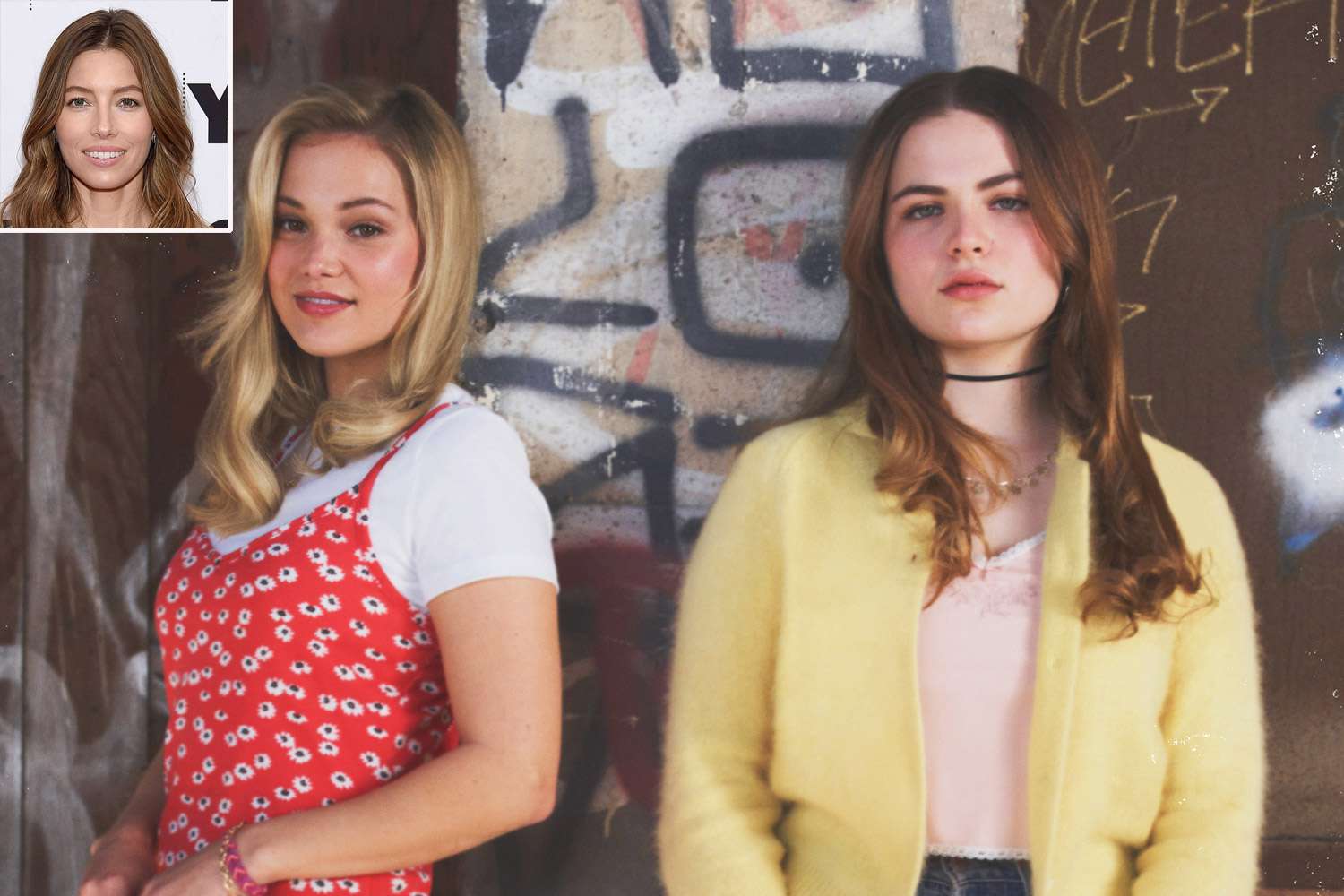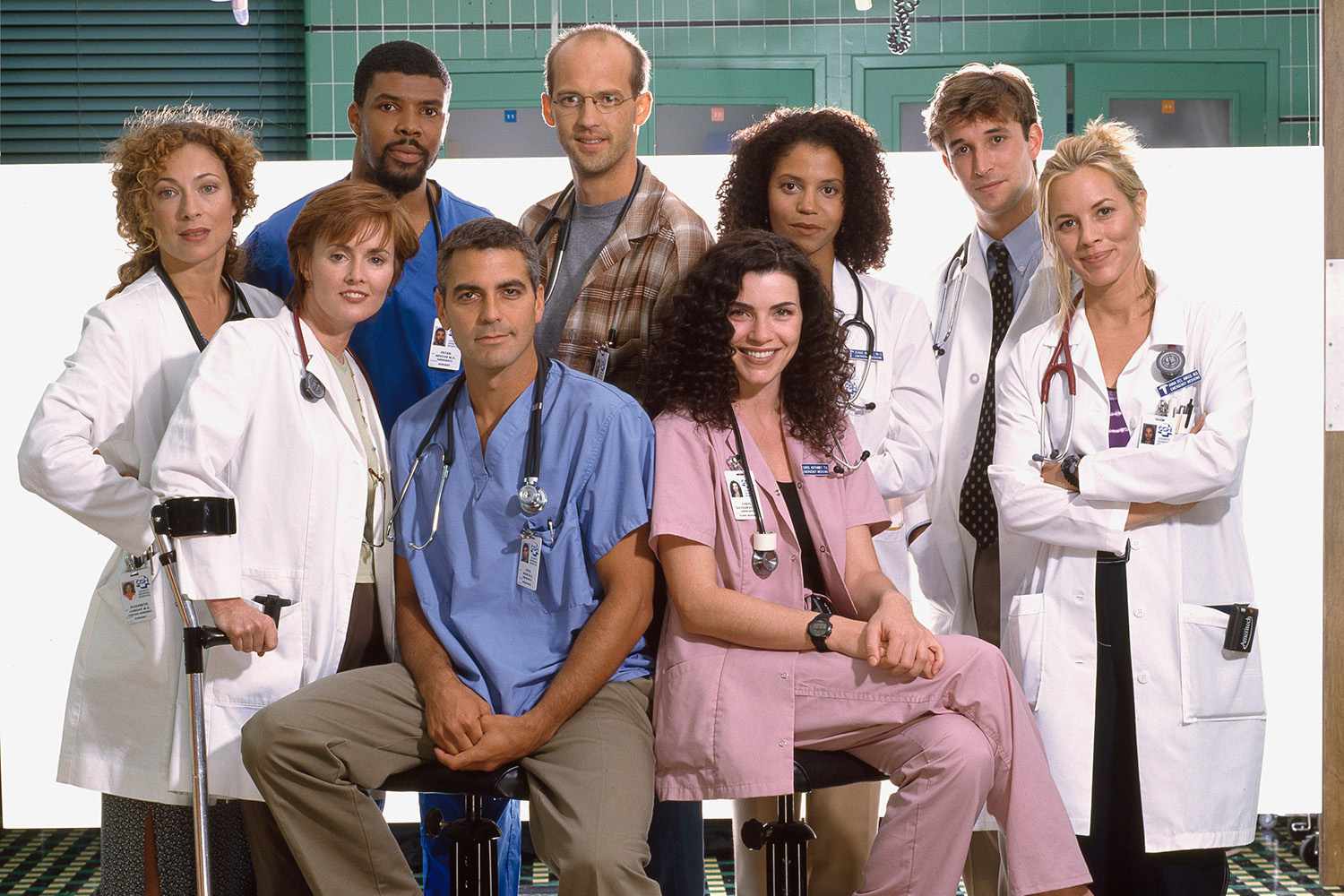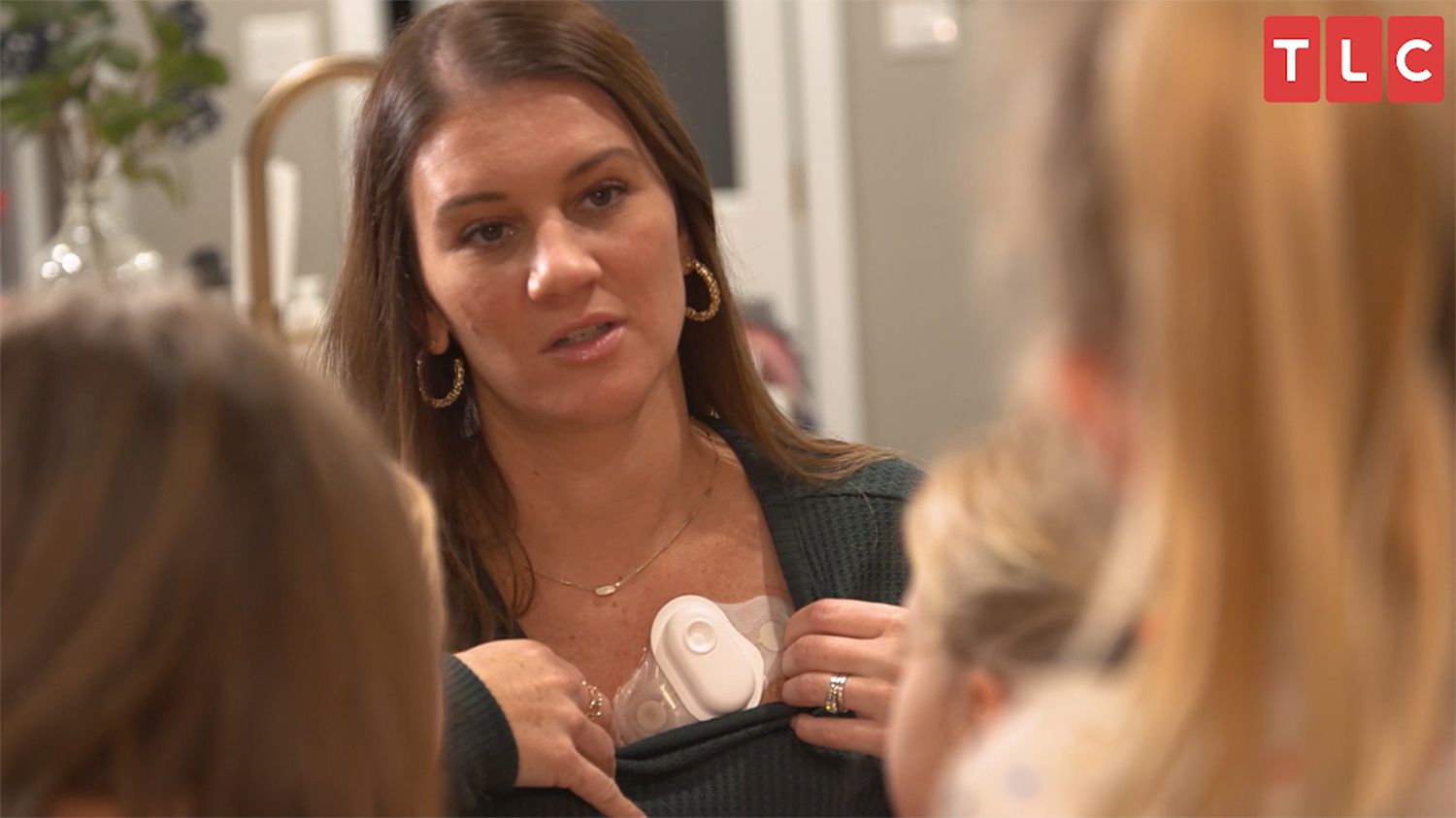
Bill Nye wishes that Americans had a better understanding of public health and COVID-19. If more people in the U.S. realized that getting vaccinated and wearing a mask does more than just protect them from getting sick — it also "protects everybody around you from you" — then the country would be in a very different place more than a year into the pandemic, he says.
"That we have people running around in here, the third most populous country, which was nominally the world's most technically advanced country — the only country that can land rovers on Mars over the last 20 years, although that's going to change — the same country's got people not willing to wear masks, thinking it's government coming after them, that are against carrying a card that says I've been vaccinated," Nye, 65, tells PEOPLE. "It's just weird."
The longtime "Science Guy" finds it "discouraging" that Americans are essentially repeating history and "making the same mistakes" in 2021 that they made during the 1918 Spanish Flu that killed between 50 to 100 million people.
"It's important for everybody to have a fundamental understanding of public health," he says. That's why, in part, he's teaching a free online class through Varsity Tutors called "Germs, Viruses, and How Vaccines Stop the Microscopic Monsters," aimed at students in grades 4 through 10 but open to anyone, on April 20.
"We talk about the discoveries of germs, and something I think is really important — the scientific method," he says. "That rigorous scientific method that people are often compelled to learn by rote in school really dates from the original virus hunters, who tracked down germs like what causes smallpox."
One question Nye plans to ask the class is, 'What is the most dangerous animal to you?'
"And it's not lions and tigers or bears," he says. "It's mosquitoes. Mosquitoes carry all these diseases that are really bad for us. And it's important, I think, for everybody to understand that this is evolution, that there's nobody out there designing malaria, and there's nobody out there designing the variance of the coronavirus. They just emerge. When you have 20 million people infected, there are enough variations that the more successful ones take over."
What amazes Nye is that scientists have been able to quickly formulate highly effective vaccines that can slow the spread of COVID-19, particularly the mRNA vaccines from Moderna and Pfizer. "This is the first time in 300 years of viral vaccine making, that somebody's been able to make a vaccine that makes you resistant to the disease without having to [use] a version of the original disease. It's really something. It shows you how well we understand this now."
But Nye is frustrated with the anti-vaxxers, "a big problem for decades," so his goal is help them understand critical thinking: "the ability to evaluate evidence, like when somebody claims this or that is a fact, and decide whether or not it's reasonable." And with kids likely to become eligible to receive a COVID-19 vaccine in the coming months, Nye advises explaining to them that "this is going to protect you, and keep you from getting sick so you can have the whole summer to play."
As other scientists have warned, COVID-19 certainly won't be the last pandemic. Nye just hopes that "by COVID-27, the students today will take it a lot more seriously than we did this time."
"The U.S. certainly could have saved 200,000 people who are not living anymore, and then around the world several million. So it's discouraging. But we want to not have that happen again."
As information about the coronavirus pandemic rapidly changes, PEOPLE is committed to providing the most recent data in our coverage. Some of the information in this story may have changed after publication. For the latest on COVID-19, readers are encouraged to use online resources from the CDC, WHO and local public health departments. PEOPLE has partnered with GoFundMe to raise money for the COVID-19 Relief Fund, a GoFundMe.org fundraiser to support everything from frontline responders to families in need, as well as organizations helping communities. For more information or to donate, click here.





Source: Read Full Article
